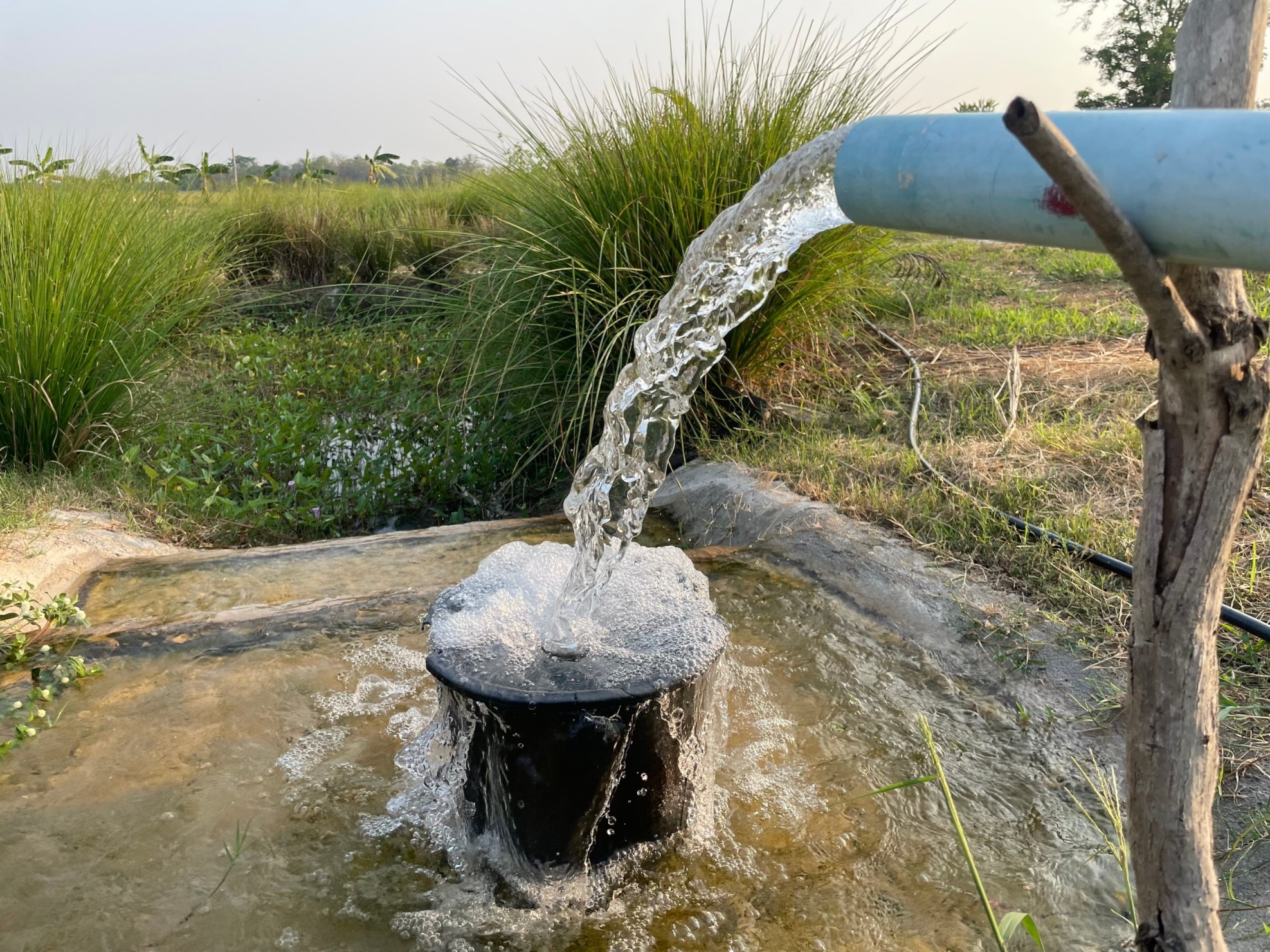A comprehensive assessment led by researchers from the University of California, Santa Barbara, exposes the rapid decline of groundwater across the world, affecting nearly 1,700 aquifers, according to the largest study of its kind. While groundwater depletion is widespread, the research, spearheaded by Associate Professors Debra Perrone and Scott Jasechko, offers a glimmer of hope by revealing that it is not an unavoidable consequence of a changing climate.
Critical for water and food security, groundwater acts as a climate buffer, supporting communities and ecosystems vulnerable to water availability shifts. Over two billion people rely on groundwater as their main drinking water source, and it constitutes 70% of all irrigation water. Human activities, including overuse, pollution, and climate change, pose significant threats to groundwater.
Analyzing 300 million water level measurements from 1.5 million wells spanning a century, the study, published in Nature, discloses that 71% of aquifers experience groundwater decline, with an alarming acceleration in 30% of them. Cultivated drylands, notably in India, China, Iran, and the US, where groundwater sustains extensive irrigation, face the swiftest and most common depletion, with certain aquifers dropping by over two meters annually over the past two decades.
Yet, the research highlights a crucial revelation – groundwater decline is not universal. In 29% of aquifers, levels either rose or stabilized, and in 20%, the decline slowed or reversed. Examples of successful groundwater management emerge in regions like Europe, Australia, and Africa, where regulations, monitoring, and reduction of groundwater use have yielded positive results.
This pioneering study offers a comprehensive global view of groundwater levels, underscoring the severity and prevalence of depletion. By identifying successful groundwater management models, the researchers aim to guide scientists, policymakers, and resource managers in implementing strategies to safeguard and restore groundwater resources for present and future generations.
Associate Professor Perrone emphasizes, “Groundwater depletion is a global problem, but it is not inevitable. We have shown that there are places where groundwater levels are rising or stable, and that these places can serve as models for groundwater management elsewhere. We believe that groundwater depletion can be solved with proactive and adaptive management strategies.”






